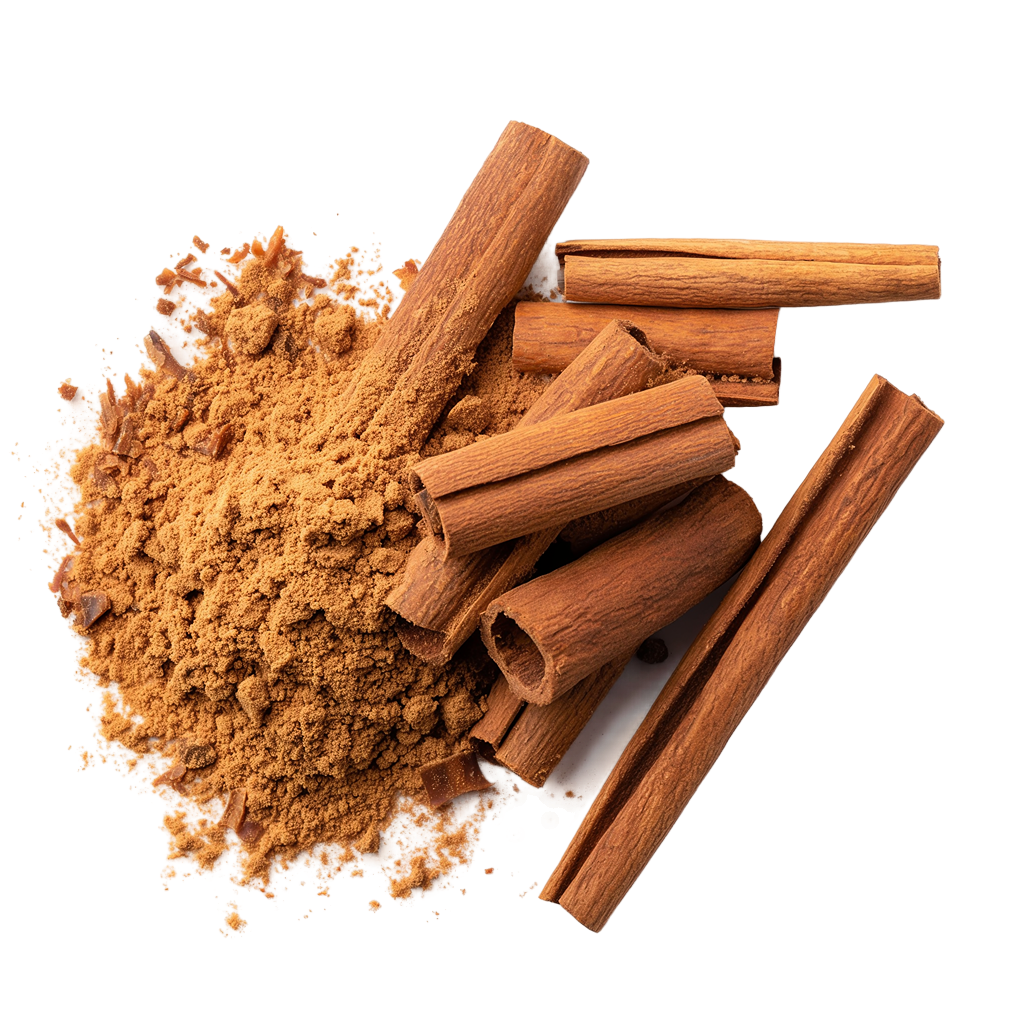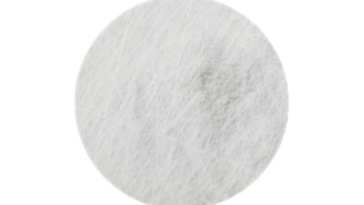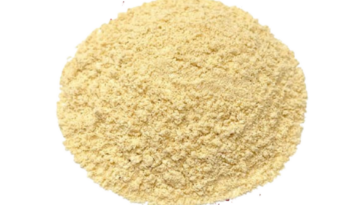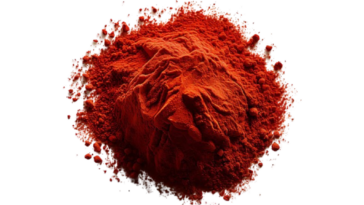Cinnamon, derived from the bark of the Cinnamomum tree, has a rich history spanning thousands of years. Originating in Sri Lanka, formerly known as Ceylon, cinnamon was highly prized by ancient civilizations for its exotic flavor, aromatic scent, and medicinal properties. Traders from the Middle East brought cinnamon to Europe and North Africa, where it became a symbol of wealth and luxury during the Middle Ages. Its scarcity and high value led to legendary tales of its acquisition, including stories of Arab traders guarding the source of cinnamon with fierce birds of prey.
The demand for cinnamon spurred exploration and trade routes, with European powers vying for control over its production and distribution. Portuguese and Dutch merchants established monopolies over cinnamon trade in the 16th and 17th centuries, leading to conflicts and colonial expansion in Southeast Asia. Eventually, other varieties of cinnamon, such as Cassia, were discovered in China and Southeast Asia, expanding the availability of this prized spice. Today, cinnamon is widely cultivated in various tropical regions, with Sri Lanka, Indonesia, China, and Vietnam being major producers, and it continues to be valued for its culinary, medicinal, and aromatic properties worldwide.
Vitamins & Minerals:
Cinnamon, derived from the bark of the Cinnamomum cassia tree, is more renowned for its flavor and aroma rather than its nutritional content. However, it does contain trace amounts of several vitamins and minerals. These include small amounts of vitamin K, calcium, and iron. Vitamin K is essential for blood clotting and bone health. Calcium is crucial for bone and teeth strength, muscle function, and nerve transmission. Iron is necessary for the formation of hemoglobin, the protein in red blood cells that carries oxygen throughout the body. While these nutrients are present in cinnamon, they are typically not present in significant amounts to significantly contribute to daily nutritional requirements.
On the mineral front, cinnamon contains manganese and traces of copper. Manganese is essential for metabolism, bone development, and wound healing. It also acts as an antioxidant, helping to protect cells from damage caused by free radicals. Copper plays a role in energy production, connective tissue formation, and iron metabolism. Both manganese and copper are vital trace minerals, meaning they are required by the body in small amounts but are still crucial for overall health. While cinnamon does provide some of these nutrients, it’s typically consumed in small quantities as a spice, so it’s not a significant source of these minerals in the diet. Overall, while cinnamon adds flavor and aroma to dishes, its nutritional contribution in terms of vitamins and minerals is relatively minimal.
Probiotic, Prebiotic, or Postbiotic:
Cinnamon, specifically Cinnamomum cassia bark, isn’t typically considered a probiotic, prebiotic, or postbiotic in the traditional sense. However, it does possess certain properties that can indirectly support gut health.
- Prebiotic Potential: Prebiotics are non-digestible fibers that serve as food for probiotics, promoting the growth and activity of beneficial bacteria in the gut. While cinnamon itself isn’t a prebiotic, it does contain dietary fiber, albeit in smaller amounts. This fiber can potentially support the growth of beneficial gut bacteria, indirectly promoting gut health.
- Antimicrobial Properties: Cinnamon has been studied for its antimicrobial properties, particularly against harmful bacteria and fungi. While it can’t distinguish between harmful and beneficial bacteria, its antimicrobial effects could potentially create an environment in the gut that’s more conducive to the growth of beneficial bacteria.
- Anti-inflammatory Effects: Chronic inflammation in the gut can disrupt the balance of gut microbiota. Cinnamon contains compounds with anti-inflammatory properties, which could help alleviate inflammation in the gut and indirectly support the growth of beneficial bacteria.
- Antioxidant Activity: Certain compounds in cinnamon, such as cinnamaldehyde, have antioxidant properties. Antioxidants help reduce oxidative stress in the body, which can have a positive impact on overall gut health by reducing inflammation and supporting the growth of beneficial bacteria.
While cinnamon can play a supportive role in gut health through these mechanisms, it’s important to note that it shouldn’t be relied upon as a sole means of promoting gut health. A balanced diet rich in a variety of fruits, vegetables, whole grains, and fermented foods is key to maintaining a healthy gut microbiota.
Dietary & Health Information:
Cinnamon, derived from the bark of trees belonging to the Cinnamomum genus, particularly Cinnamomum cassia, is renowned for its distinct flavor and potential health benefits. Here’s some dietary and health information about cinnamon:
- Nutritional Content: Cinnamon is low in calories and a potent source of antioxidants. It contains small amounts of vitamins and minerals like calcium, iron, and vitamin K.
- Health Benefits:
- Antioxidant Properties: Cinnamon is rich in polyphenols, which have antioxidant properties. These compounds help fight oxidative stress and reduce inflammation in the body.
- Blood Sugar Regulation: Some studies suggest that cinnamon may help improve insulin sensitivity and lower blood sugar levels, particularly in people with type 2 diabetes.
- Heart Health: Cinnamon may have a positive impact on heart health by reducing risk factors like high cholesterol and triglyceride levels.
- Antimicrobial Effects: Cinnamon has been used traditionally for its antimicrobial properties, which may help fight bacterial and fungal infections.
- Anti-inflammatory Effects: Certain compounds in cinnamon have anti-inflammatory properties, potentially beneficial for conditions like arthritis.
- Usage: Cinnamon can be incorporated into various dishes, both sweet and savory, adding flavor and depth. It’s commonly used in baking, cooking, and beverages like tea and coffee.
- Dosage:
- There is no established maximum dosage of cinnamon for general use. However, for supplementation or medicinal purposes, it’s advisable to follow recommended guidelines.
- For cinnamon supplements, typical doses range from 500 mg to 2 grams per day, but this can vary depending on the specific product and intended use.
- It’s essential to be cautious with cinnamon supplements, especially if you’re already taking medications for diabetes or other health conditions. Cinnamon supplements may interact with certain medications or have adverse effects in high doses.
- Precautions:
- Cassia cinnamon, the type commonly found in grocery stores, contains coumarin, a compound that may be harmful in high doses. Excessive intake of coumarin has been linked to liver damage.
- If consuming cinnamon regularly, it’s advisable to choose Ceylon cinnamon, which has lower levels of coumarin compared to Cassia cinnamon.
- Pregnant women should avoid consuming large amounts of cinnamon, particularly Cassia cinnamon, due to the risk of adverse effects.
Always consult with a healthcare professional before starting any new supplement regimen, especially if you have underlying health conditions or are taking medications.




 No products in the cart.
No products in the cart.